For most electric vehicle (EV) owners, charging an EV to 100% should not be done every day. To maintain optimal battery health, it is generally recommended to fully charge an EV only when necessary, such as for long trips that require maximum range. For everyday use, it is recommended to keep the battery level between 80% and 90%.
This approach minimizes battery degradation over time and helps ensure that the EV remains efficient and reliable. This article will delve into the reasons behind these recommendations, the benefits of not always fully charging, and when it's appropriate to fully charge an electric vehicle.
Why is it Not Recommended to Charge 100% Every Time?
Charging your EV to 100% on a regular basis can lead to quicker degradation of the battery. Lithium-ion batteries, which are used in most EVs, suffer from stress when charged to their maximum capacity repeatedly. This stress can affect the battery's ability to hold a charge over time, decreasing its overall lifespan and efficiency. The high voltage needed to keep a battery at 100% can strain the battery's chemistry, leading to potential issues such as reduced range and battery health over time.
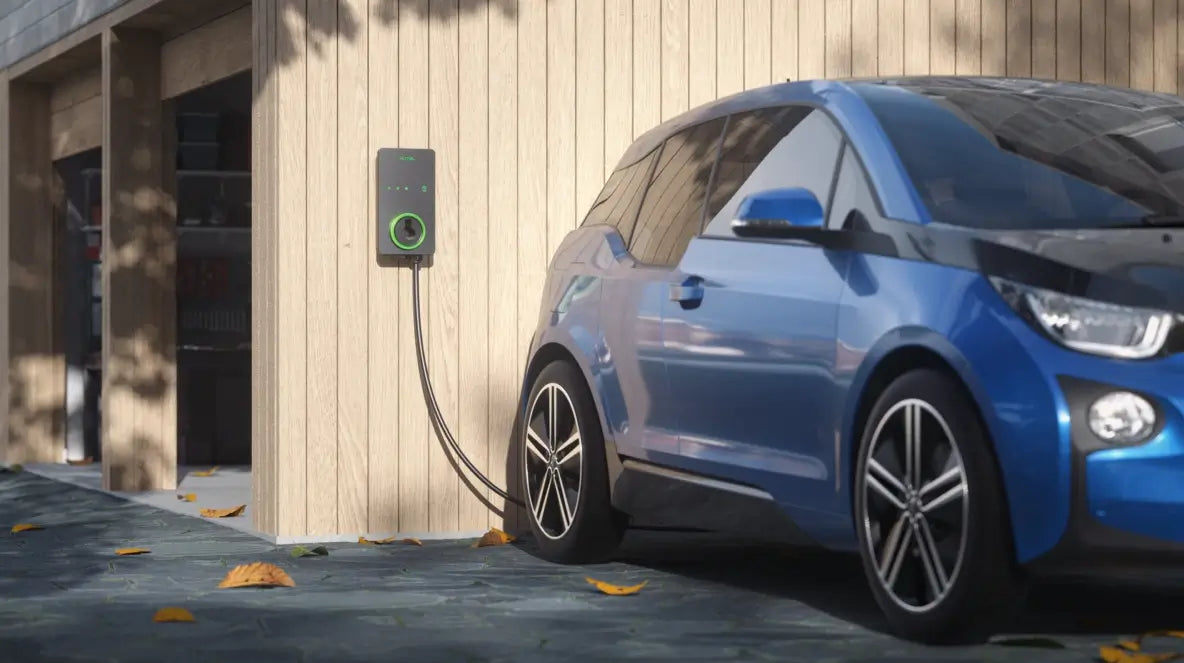
Benefits of Limiting Full Charges
Here are the main advantages of not charging your electric vehicle 100% every time:
-
Extended Battery Life
The most significant benefit of not fully charging your EV each time is the extended lifespan of the lithium-ion battery. Batteries charged to full capacity consistently experience more stress and heat, which accelerates degradation. Keeping the charge level below 100%, typically between 80% to 90%, helps maintain the battery's health and functionality over a longer period.
-
Improved Overall Battery Health
Charging your EV battery to 100% can cause the voltage to remain high, putting extra strain on the battery. By limiting the charge to a lower maximum, the battery operates in a more optimal range, reducing the risk of long-term damage caused by voltage stress. This practice keeps the battery's cells in a more stable condition, reducing wear and associated loss of capacity.
-
Cost Efficiency
Charging to a full 100% less frequently can also lead to cost savings. By avoiding full charges, the charging sessions often take less time and consume less power, particularly if the final 20% of a battery's capacity charges slower than the first 80%. Additionally, by maintaining the battery health, you reduce the likelihood of costly battery replacements.
-
Better for the Environment
Limiting full charges reduces the energy used per charging session, contributing to lower overall electricity consumption. For EV owners who charge their vehicles using non-renewable energy sources, this can mean a slight decrease in the carbon footprint associated with driving an EV.
-
Maintains Resale Value
Batteries in better health are a key selling point for used EVs. By limiting full charges, you ensure the battery remains in good condition, which can significantly enhance the vehicle’s resale value. Potential buyers are often more willing to invest in a used EV that comes with a well-maintained battery with a higher expected lifespan and performance.
-
Reduced Risk of Overcharging
Although modern EVs are equipped with systems designed to prevent overcharging, keeping the charge below 100% can minimize the time the battery spends at a high state of charge. This reduces risks associated with battery management systems failing and the potential for overcharging, which could lead to battery malfunctions or safety issues.
By understanding and implementing a strategy to limit full charges, EV owners can not only enhance the performance and longevity of their vehicle's battery but also enjoy broader benefits such as cost savings and environmental sustainability.
Recommended Charging Practices from Manufacturers
When it comes to charging your electric vehicle (EV), adhering to manufacturer recommendations can help optimize battery life and performance. Different manufacturers might have specific guidelines based on the unique design and capabilities of their batteries.
For a detailed breakdown on the duration each charging session might take, refer to our comprehensive guide on how long it takes to charge an electric car. Here are some common recommended charging practices from leading EV manufacturers:
Tesla
Tesla recommends that owners charge their vehicles to about 80-90% for daily use to maximize battery lifespan. The company provides an adjustable charging setup through the vehicle’s touchscreen, allowing owners to set a daily charge limit easily. For long trips, Tesla vehicles can be charged to 100%, but it is advised to plan the timing of the charge so that the trip starts soon after reaching full charge, minimizing the time the battery stays at 100%.
Nissan
Nissan, with its popular LEAF model, suggests similar practices. The Nissan LEAF is equipped with a charging timer that can be programmed to stop at around 80% for regular daily use. This helps in maintaining the battery’s health over the years. Nissan emphasizes the importance of this practice, particularly for drivers in hotter climates, as high temperatures can further exacerbate battery strain.
Chevrolet
Chevrolet advises Bolt EV owners to utilize the “Hilltop Reserve” mode (in models prior to 2020) or "Target Charge Level" mode (in newer models), which limits the charging to about 88%. This setting is recommended for daily use to help extend the battery’s usable life. Chevrolet also supports occasional 100% charging when needed, but maintaining lower charge levels regularly is encouraged.
BMW
BMW recommends using the charging settings available in their i Series vehicles to limit the maximum state of charge in daily use. For BMW’s EV models, setting the charge level to around 85% for daily driving is advised. The manufacturer notes that this helps in maintaining the long-term capacity of the battery.
Audi
Audi suggests that for its e-tron series, charging up to 80% is ideal for daily usage. The vehicle’s management system includes options to set this limit easily through the MMI interface. Audi also highlights that the battery is engineered to reduce charging speed as it approaches full capacity to protect battery health, a process known as tapering.
Ford
For the Mustang Mach-E, Ford has incorporated an active battery management system that recommends charging up to 90% for daily use. Ford also provides detailed usage and charging data through its FordPass app, helping owners make informed decisions about their charging practices based on actual usage.
General Recommendations
Across the board, manufacturers recommend avoiding keeping the battery at 100% charge for extended periods. Regular charging to full capacity is generally reserved for situations where maximum range is necessary. For everyday use, setting charge limits as recommended helps prevent stress on the battery and extends its overall life.
Following these guidelines from car manufacturers not only ensures better performance and longevity of your EV’s battery but also can contribute to more efficient and environmentally friendly vehicle operation.
When to Charge Your EV to 100%
Charging your electric vehicle (EV) to 100% is generally reserved for specific scenarios. It is most advisable when preparing for long trips that require full range capacity, during cold weather conditions to compensate for loss of battery efficiency, or when the vehicle will be used infrequently and can benefit from a full charge prior to extended idle periods.
Additionally, charging to full is useful for battery calibration purposes or when using fast charging stations during long journeys where the next charge point is a significant distance away. Overall, while everyday charging to 100% is not recommended due to potential battery degradation, these situations highlight when it could be necessary for optimal EV performance.
Tips for Maximizing EV Battery Life
-
Avoid exposing your EV to extreme temperatures for prolonged periods.
-
Use moderate driving speeds and acceleration to reduce battery strain.
-
Regularly update your vehicle’s software to ensure optimal battery management.
-
Monitor battery health and seek professional advice if you notice significant changes in range or performance.
Conclusion
While it may be tempting to charge your electric vehicle to 100%, doing so can damage the battery faster than expected. It is recommended to follow the manufacturer's guidelines for conditional charging and use smart charging solutions for your EV to last for many years without significant loss of performance or value. Remember, a little care can extend the life of your EV battery.
Elevate your EV charging experience with Autel's smart home EV charger! Designed for efficiency and intelligence, our chargers ensure that you get the most out of your electric vehicle. The Autel smart EV charger offers user-friendly features that customize charging to fit your lifestyle, conserving energy and reducing costs. Invest in sustainability and convenience—choose Autel for your home EV charging solutions and drive into the future confidently. Visit us at Autel Energy to learn more and make the smart switch today!

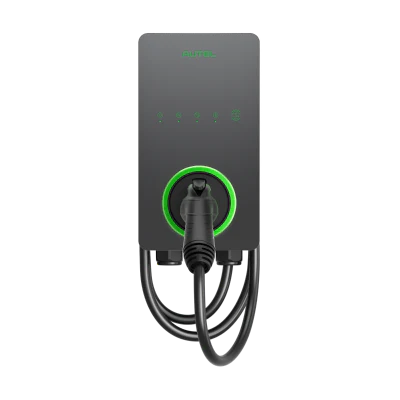
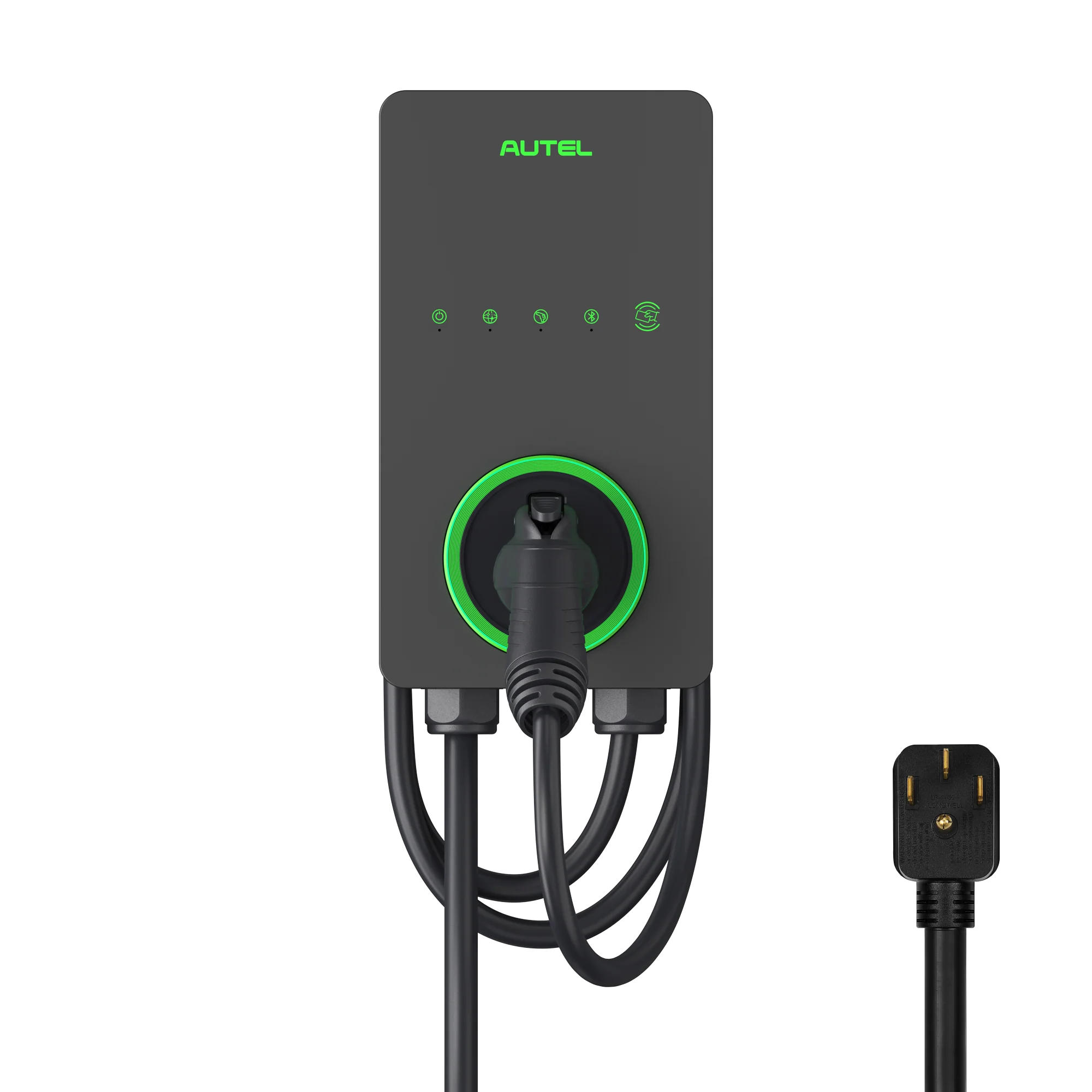
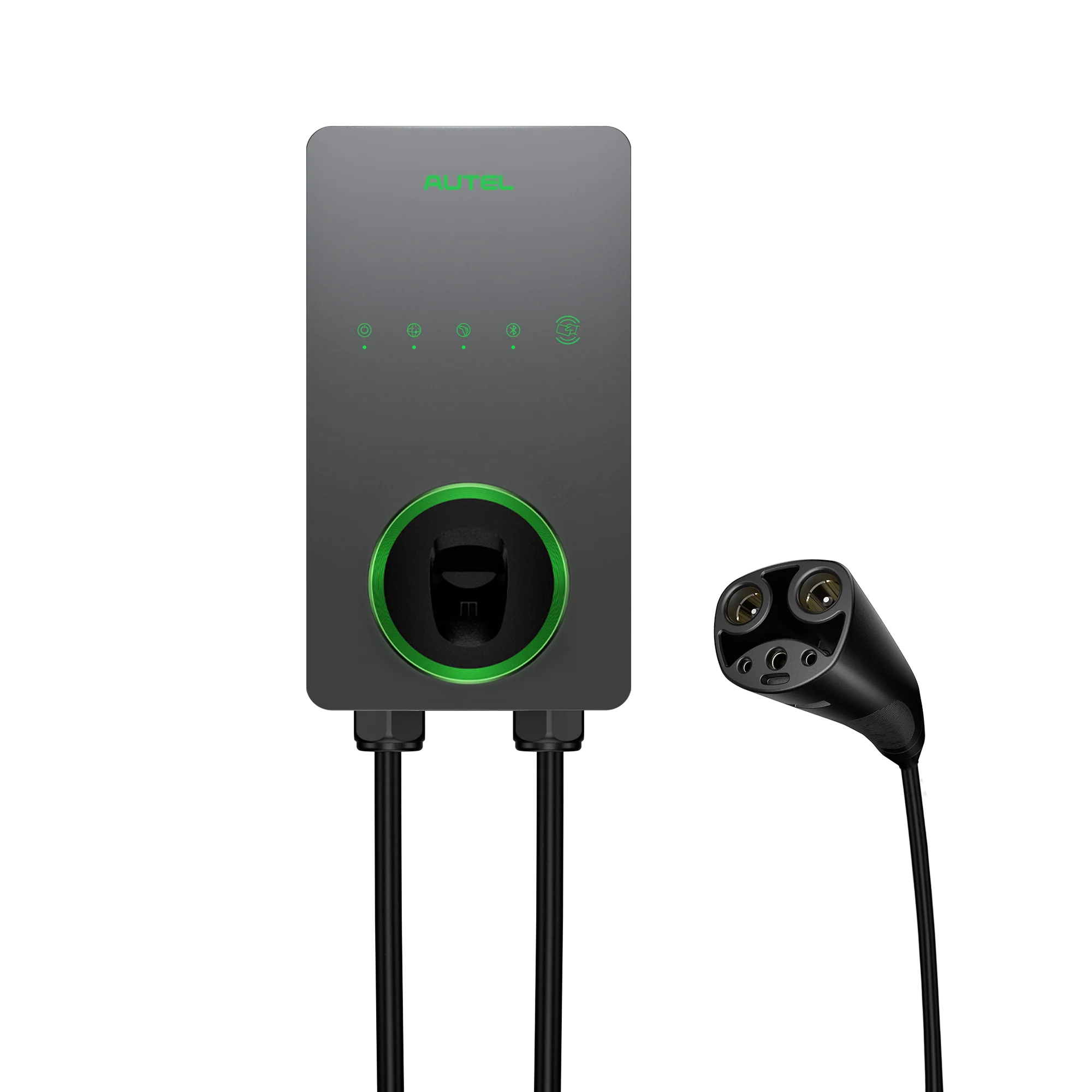
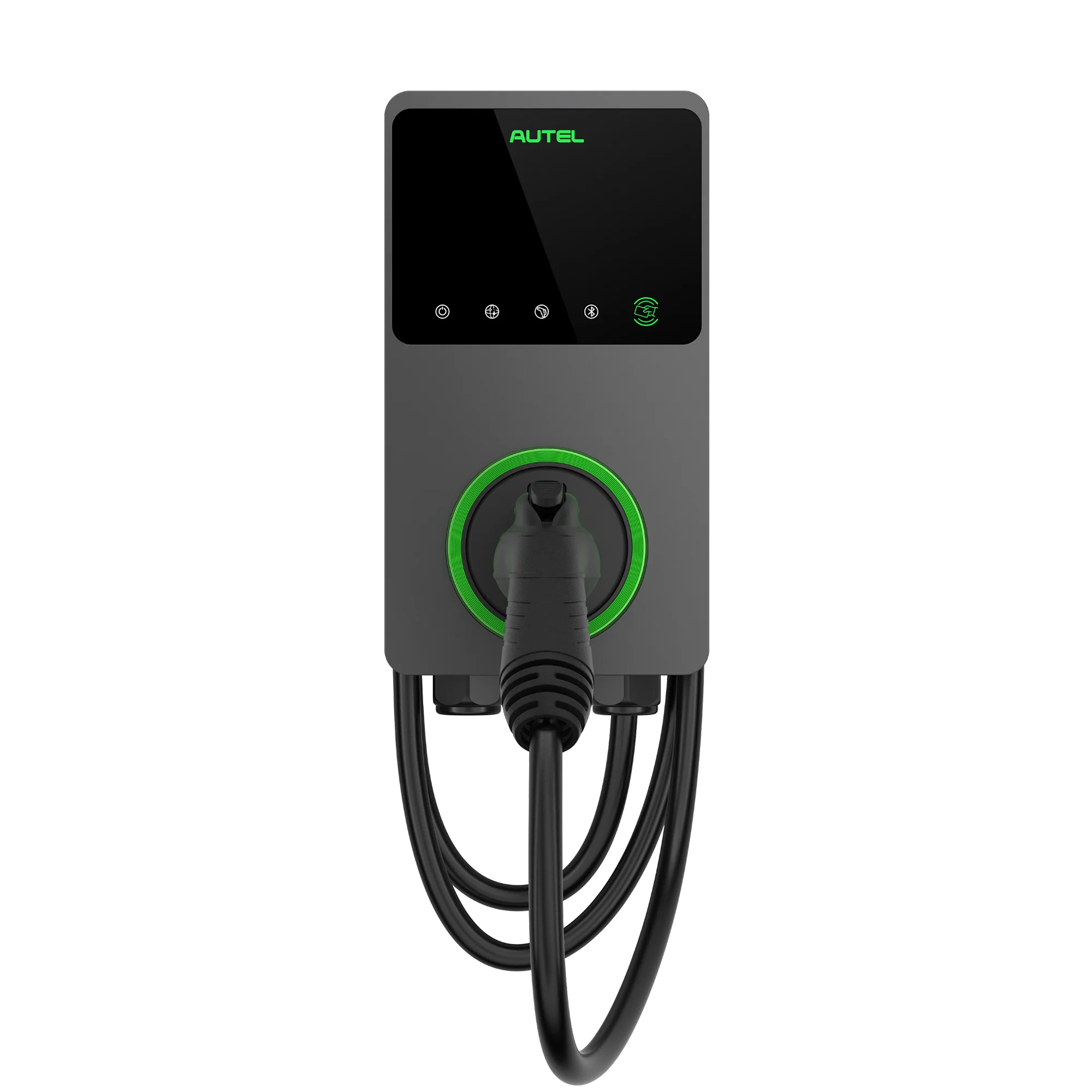
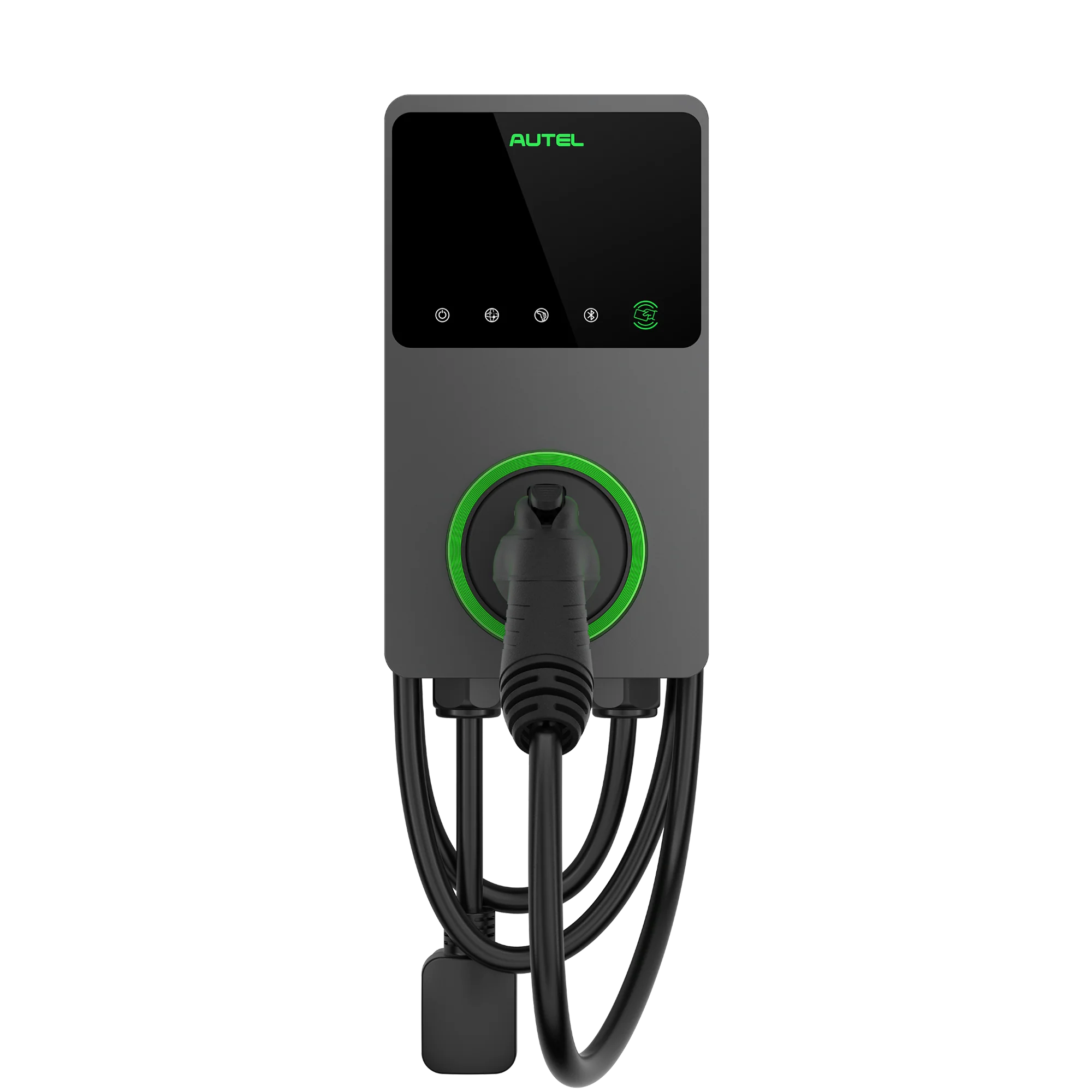

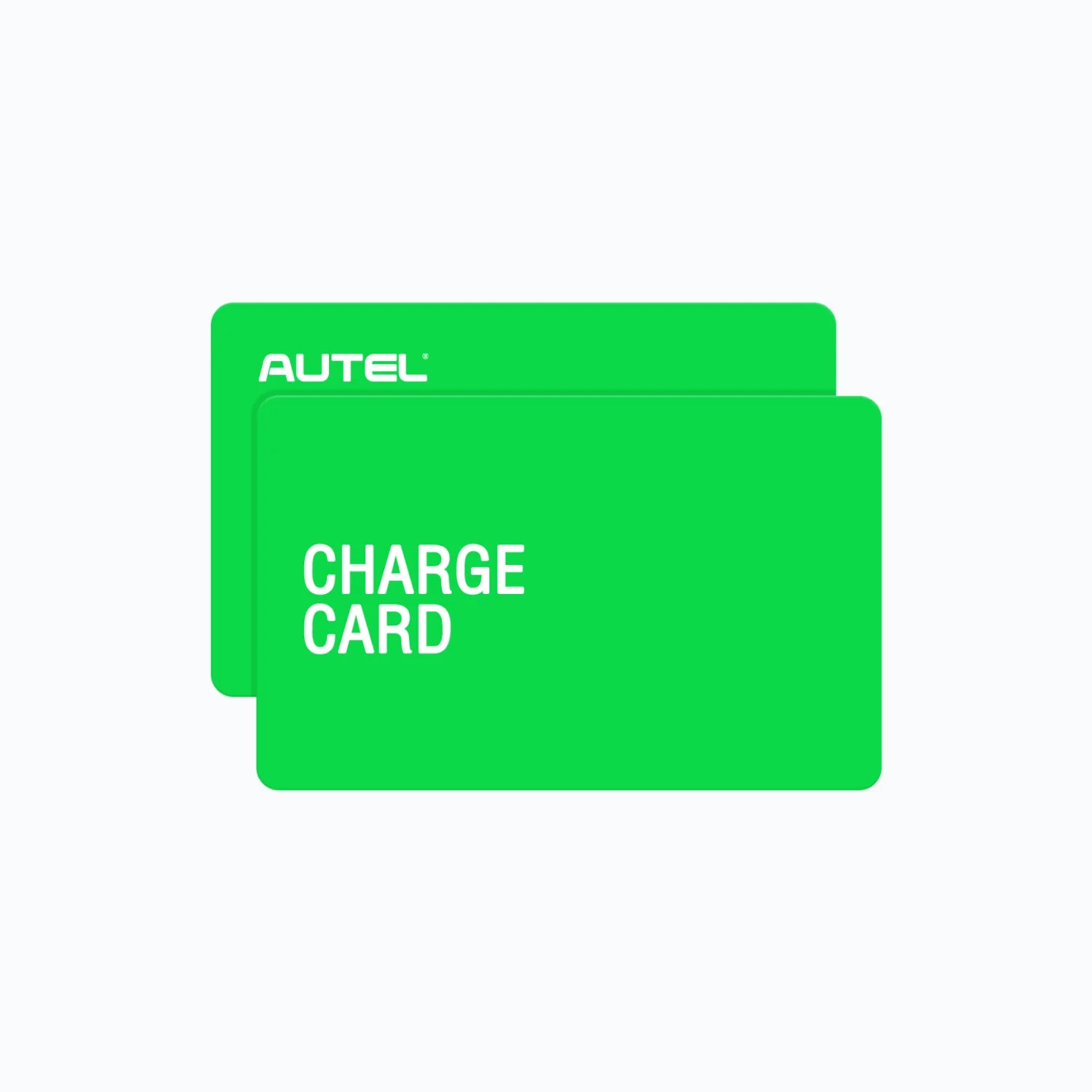
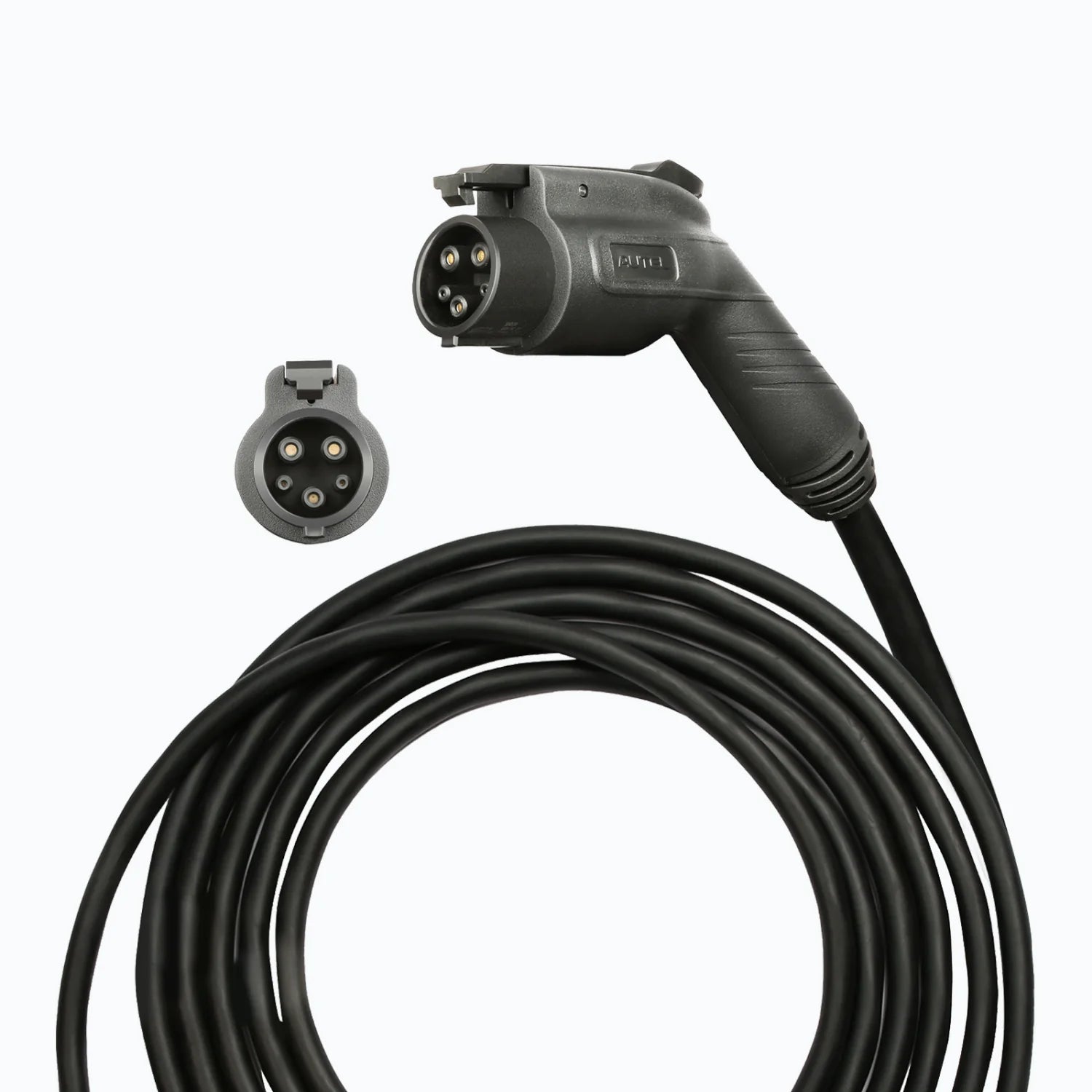

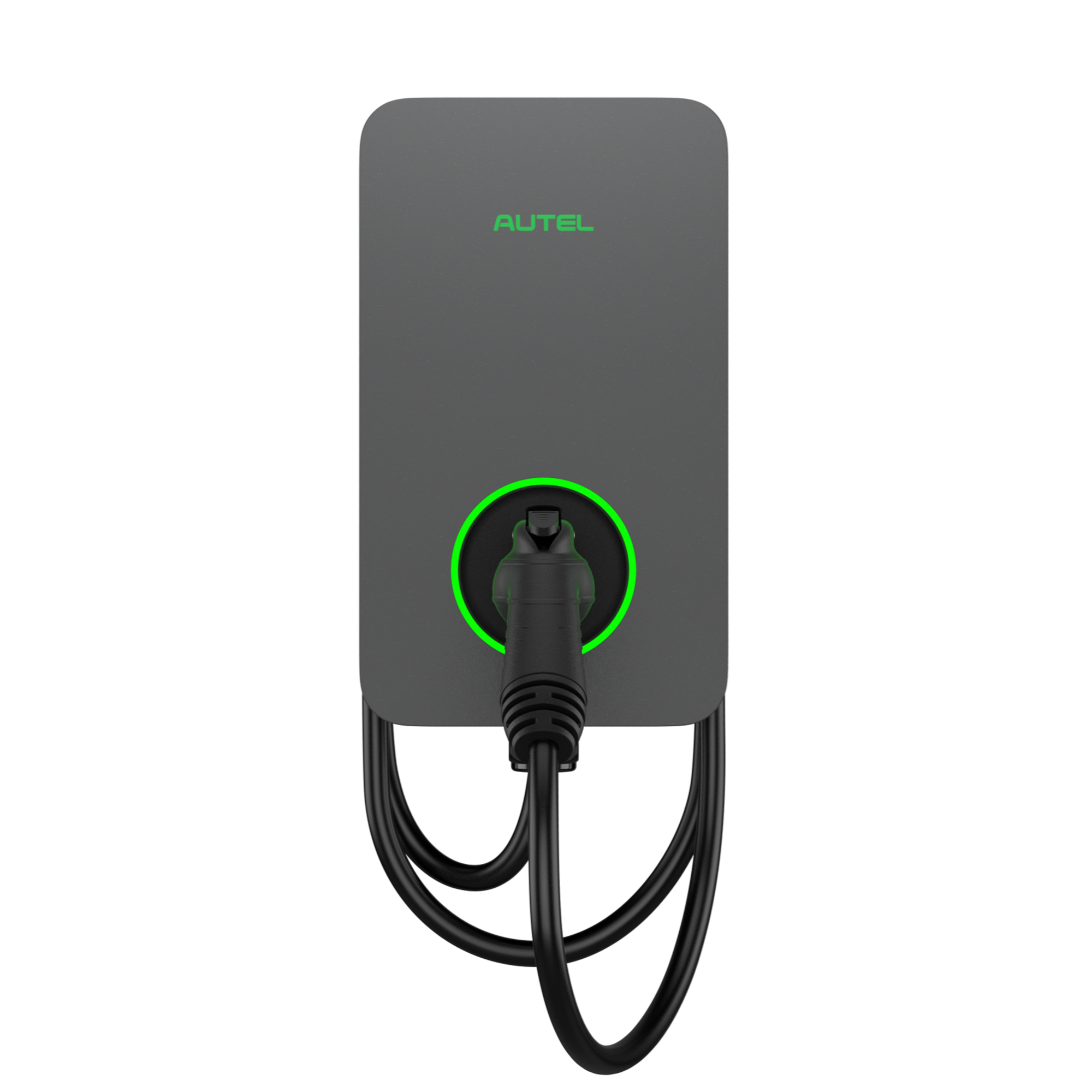

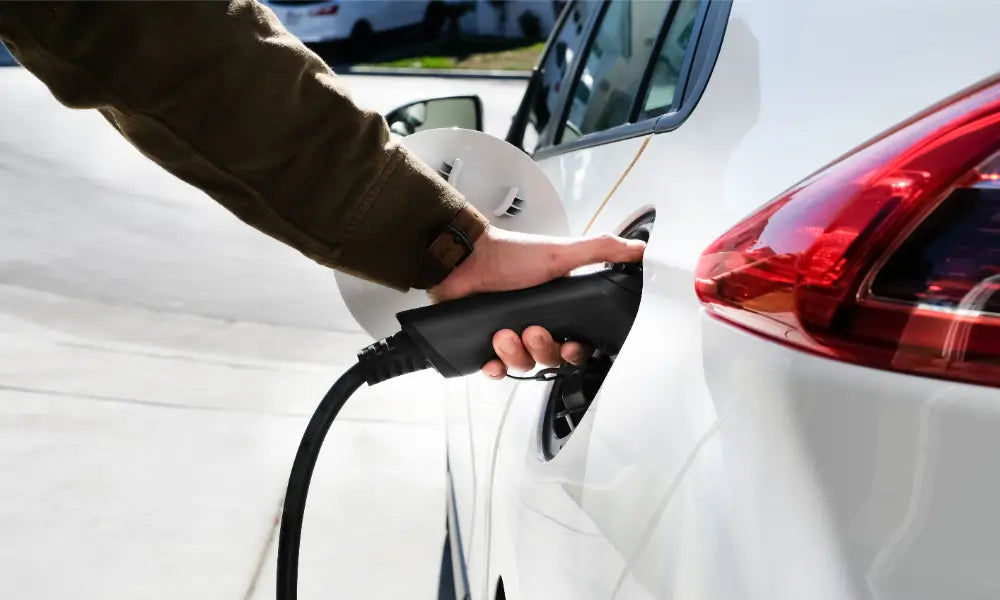
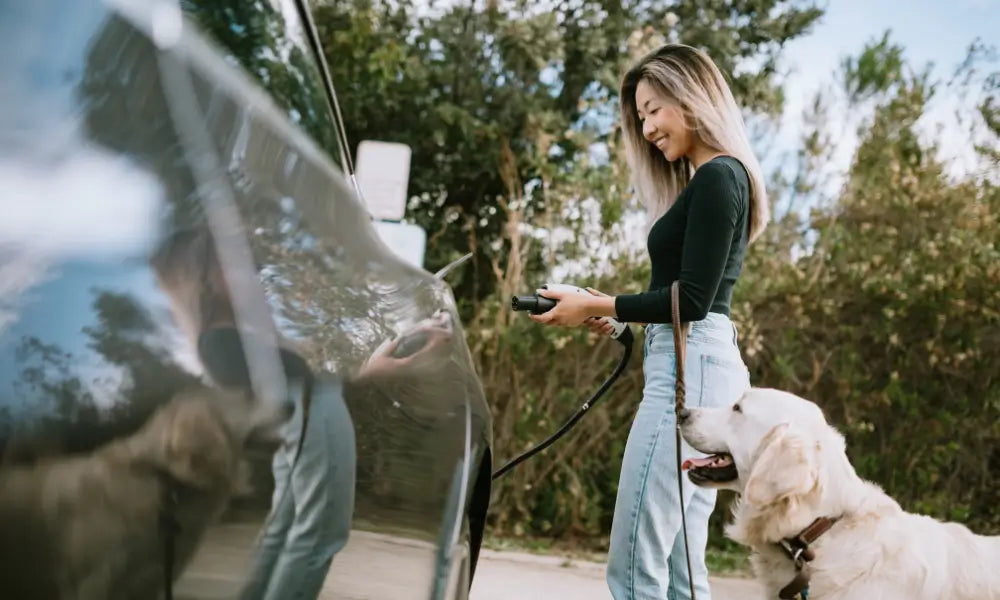
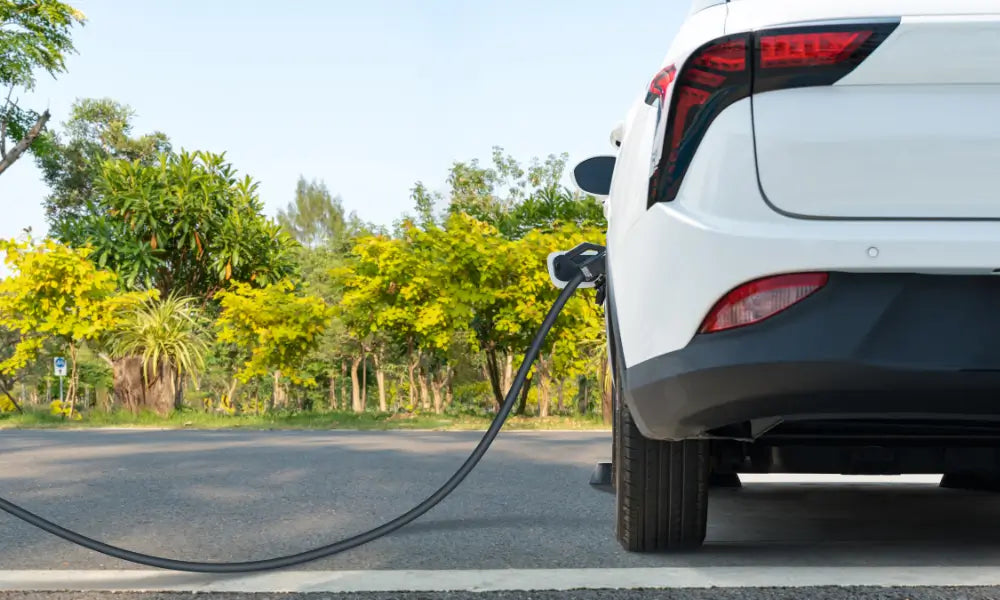
Leave a comment
All comments are moderated before being published.
This site is protected by hCaptcha and the hCaptcha Privacy Policy and Terms of Service apply.